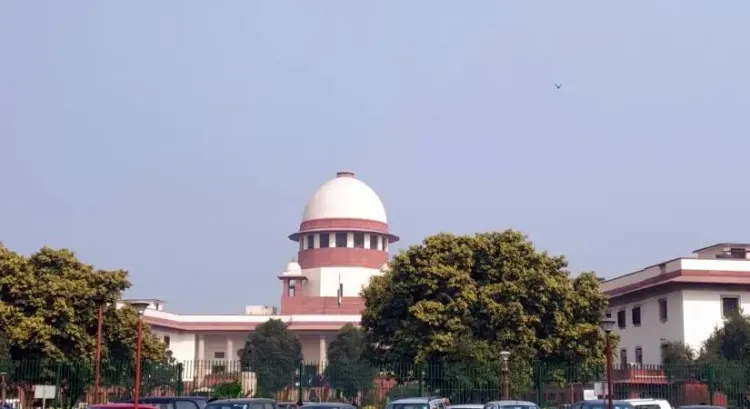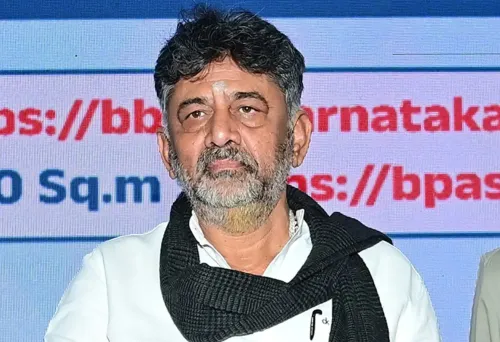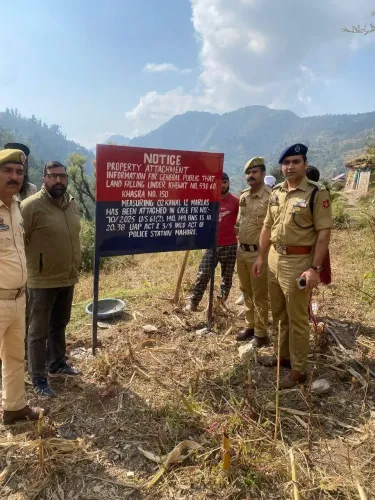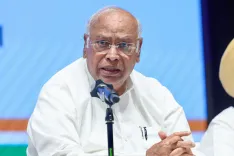Should the SC Direct Implementation of Comprehensive Sexuality Education in Schools?

Synopsis
Key Takeaways
- Public Interest Litigation filed in SC
- Calls for transgender-inclusive education
- Highlights gaps in current curricula
- Addresses legal and social implications
- Urges reform for inclusivity in schools
New Delhi, Aug 31 (NationPress) A public interest litigation (PIL) has been lodged with the Supreme Court requesting a directive to the NCERT and SCERTs (State Councils of Educational Research and Training) for the implementation of transgender-inclusive Comprehensive Sexuality Education (CSE) in educational institutions nationwide.
The petition, initiated by a Class 12 student, pointed out that, despite the statutory obligation under the Transgender Persons (Protection of Rights) Act, 2019, and directives from the apex court, school curricula do not encompass any organized material that addresses gender identity, gender diversity, and the differentiation between sex and gender.
The review of textbooks from various states, including Maharashtra, Andhra Pradesh, Telangana, Punjab, Tamil Nadu, and Karnataka, by the petitioner reveals a consistent neglect, with the partial exception of Kerala.
This exclusion is said to breach Articles 14, 15, 19(1)(a), 21, and 21A, and overlook the Directive Principles under Articles 39(e)-(f), 46, and 51(e), thereby sustaining institutional erasure and exacerbating stigma.
The petition also highlighted that the transgender literacy rate in India stands at a mere 57.06 percent, significantly lagging behind the national average of approximately 74 percent, indicative of the enduring effects of social exclusion and lack of actionable policies.
Notably, with 23 states and Union Territories adopting NCERT textbooks either entirely or largely, the lack of transgender-inclusive material poses severe consequences for both constitutional compliance and social justice, as stated in the plea filed through advocate Anil Kumar.
The petitioner, Kaavya Mukherjee, has urged the supreme court to mandate the NCERT, SCERTs, and associated authorities to integrate scientifically accurate, age-appropriate, and transgender-inclusive CSE into essential syllabi and textbooks across educational systems, aligning with constitutional guarantees, legislative mandates, and binding judicial precedents.
A bench comprising Chief Justice of India (CJI) B.R. Gavai and Justice K. Vinod Chandran will hear the matter on Monday, as listed on the apex court's website.









